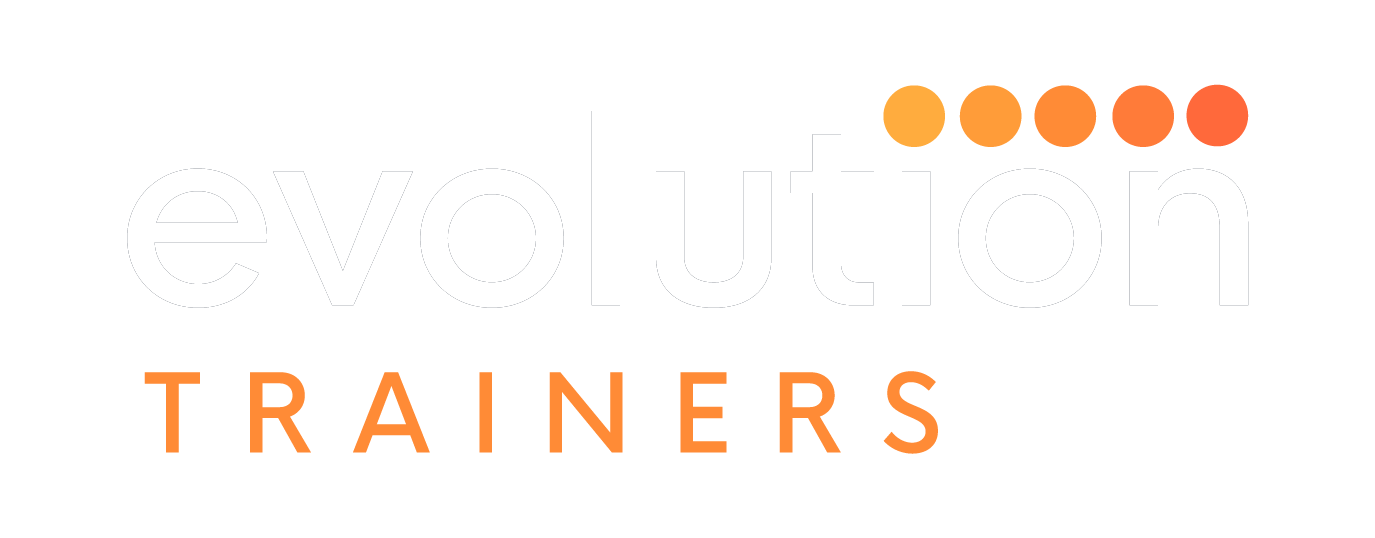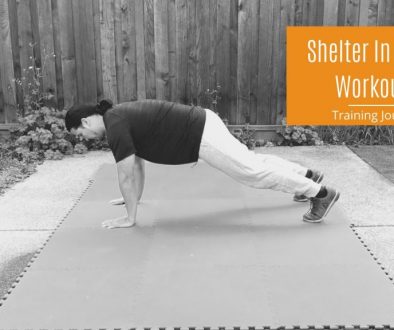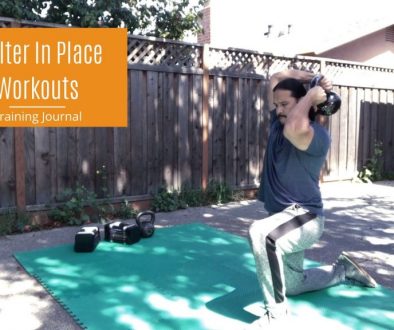How to Use Diets and Workout Programs by Coach Marc Santos

Ever so often I get clients telling me they want to do a cleanse, a diet, a 8 week boot camp, so on and so forth, and being the proponent of experimentation, I never say “NO”. Instead I say, “Great! Let’s give a shot and see what we learn.”
That last part…the part about LEARNING, is what you need to remember.
It describes the missing piece to all of the diets, workout routines, training programs, and meal plans people try month after month, and then find themselves back at square one looking for the next diet or exercise fad making its way through the inter-webs.
Because the truth of the matter is that these things end — the part that counts are the nuggets of insight. What have you learned about yourself? Your abilities? What were you able to glean from the experience?
In other words, what have you gained that you can apply moving forward?
Diets are meant to be temporary and training programs also follow suit. They aren’t meant to be lifelong pursuits. They are meant to get you to a specific goal within a designated time frame. But just as they are defined by a specific timeline, so are the results obtained from them.
Seen in this light, they don’t do much for your average individual walking the streets. Many of us aren’t concerned with bodybuilding, figure competing, lifting 1000 lbs, or doing a triathlon.
Most of us just want to be healthy, feel comfortable in our bodies, and do the things that are important to us.
So the first step in learning how to use diets and workout programs is be clear about your expectations.
It doesn’t matter if you are doing the Whole 30, IIFYM, Carb Backloading, or the latest “booty sculpting” training program, remind yourself that these strategies aren’t meant to last forever, and neither are the results gained from them. What you CAN expect is to learn something from doing them.
Maybe you learned a recipe you love, or a few exercises that you enjoy doing. Maybe you found out that you’re more productive in the mornings because whatever diet you were trying forced you to wake up early to prepare. Or maybe you found out that it is possible to ENJOY exercise or eating healthy!
The second step involves engaging with the process
I think part of the allure of diets and training programs is that something is telling us what to do, so we feel as if we don’t have to think about it. In this way, it relieves some of the mental anguish from trying to figure it out; therefore, we feel as if we can disengage from the process and let “Jesus take the wheel”, so to speak.
But isn’t the crux of whether or not you create lasting change, when it comes to living a healthy lifestyle, based entirely on whether or not you can figure it out!?
On the most basic level, we are trying to problem solve for our lives.
Our schedules change, children are born — we attend work engagements, get married, switch jobs, move to new locations — all while trying to live well and enjoy life.
This will require you to learn to develop and answer questions as to how to make living a healthy lifestyle work, given your unique situation.
Engaging with your process entails reflecting on what you think works and what doesn’t. It may require you to learn different strategies to employ at different times dependent on your unique personality and life circumstance.
It is essentially the idea of trial, error, review, and adjust. It is at the heart of the numerous statements that our culture praises such as:
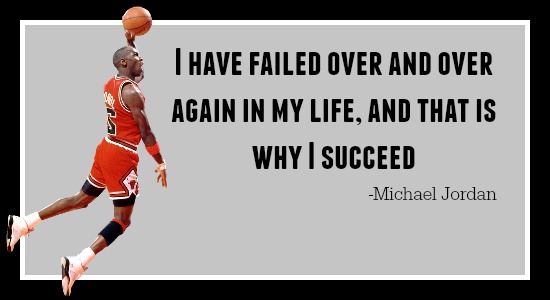
OR
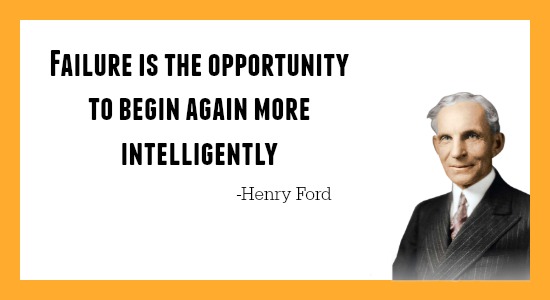
And as much as we would like to “not think about it”, unfortunately, figuring out how to make “living well” work for you and your life, can’t be outsourced.
You are going to have to roll up your sleeves a bit and get dirty.
In the end, diets and training programs can be useful, but I would advise against viewing them as THE answer to all of your health and wellness woes.
They are more suited to be lessons.
They may be lessons on how to food prep, how to put together a workout, what to cook, etc.
In the same way you walk away from a class not learning EVERYTHING, but definitely learning SOMETHING, you can deem useful; diets, meal plans, and training routines can teach you something about yourself, and maybe one or two strategies that may be helpful and suited to your unique lifestyle.
So the next time you want to begin a diet or training routine, ask yourself what specifically are you hoping to learn from the experience, and then reflect on how you might use some of this newly acquired knowledge to make meaningful progress moving forward.
